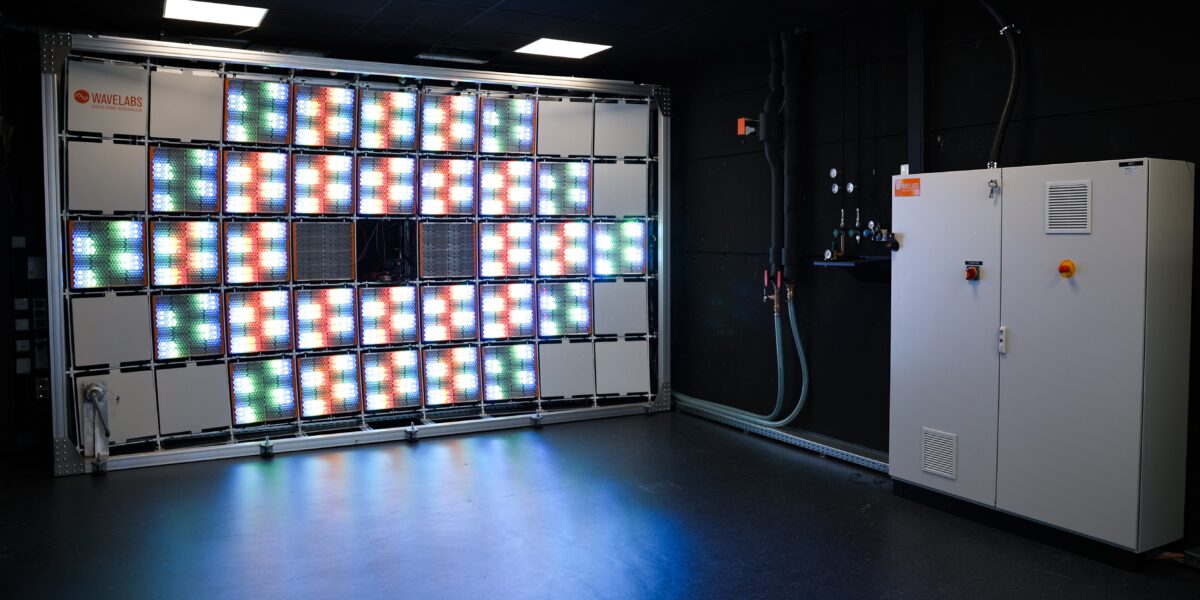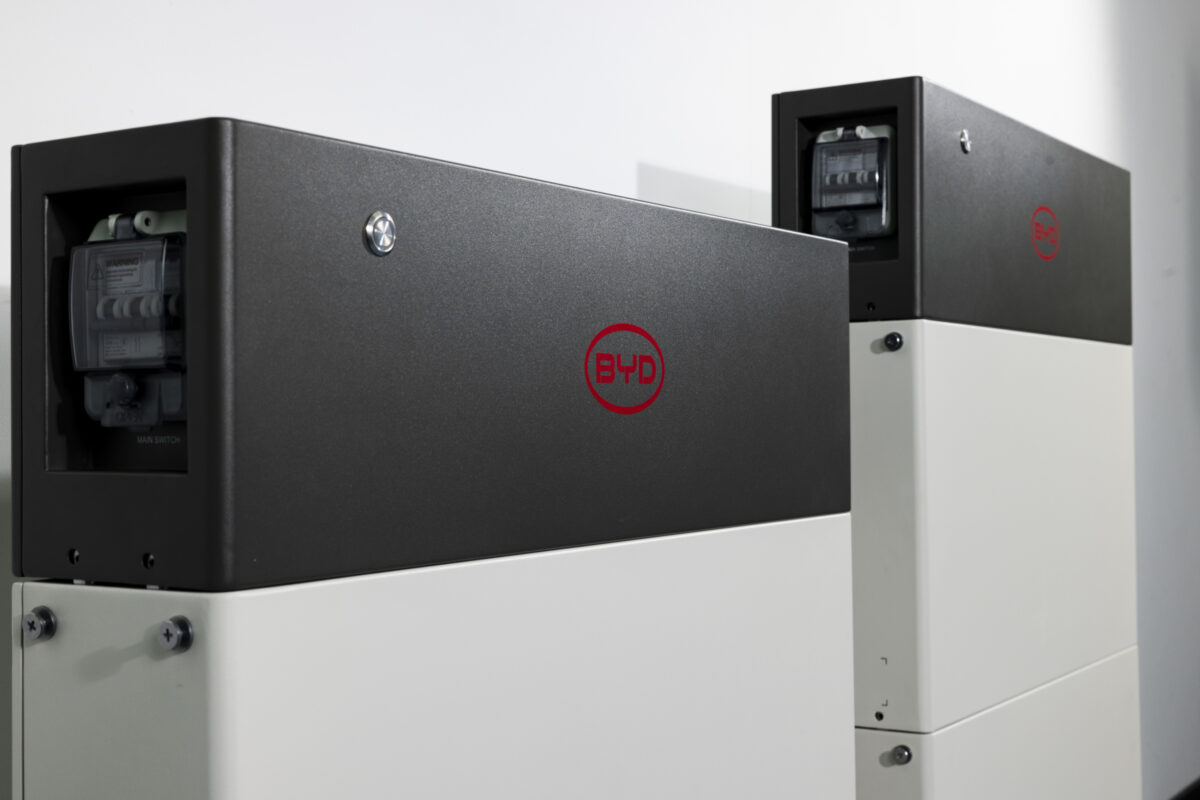Germany’s Wavelabs announced that its LED solar simulator Sinus-3000 Advanced, which was introduced last year, has in the meantime demonstrated its ability to deliver a low level of uncertainty of 0.9% in module power measurement.
The result was achieved in a solar module calibration system installed by its customer Physikalisch-Technische Bundesanstalt (PTB), Germany’s national metrology institute. It is an achievement the group claims is “currently the lowest known uncertainty for a power measurement of silicon solar modules under standard test conditions worldwide.”
Wavelabs said that the simulator was installed in an upgrade to the solar module calibration setup at the PTB, an organization for whom maintaining low measurement uncertainty is a top priority. It performs reference module measurements regularly to verify the accuracy of the measuring instruments. Using the Wavelabs equipment, it found that over “a monitored period of five months, the standard deviation of the short-circuit current was a mere 0.1%.”
Several features of the Wavelabs tool enable low power measurement uncertainty, such as LED-based light distribution and uniform illumination of the entire module for standard AM1.5G spectrum testing and spectral sensitivity. The tool can also support larger-sized solar modules with a test area of 2,500 mm x 1,500 mm without causing damage. An optional climate chamber for stable temperature control is also available.
The system at the PTB was set up to be able to offer accurate measurement of perovskite and tandem modules, as well as silicon PV panels. The newer technologies often require extended IV measurements up to several hours, which is enabled by Wavelabs equipment features like flexible spectral adjustments and independent control of illumination for top and bottom cells in tandem devices.
This content is protected by copyright and may not be reused. If you want to cooperate with us and would like to reuse some of our content, please contact: editors@pv-magazine.com.



By submitting this form you agree to pv magazine using your data for the purposes of publishing your comment.
Your personal data will only be disclosed or otherwise transmitted to third parties for the purposes of spam filtering or if this is necessary for technical maintenance of the website. Any other transfer to third parties will not take place unless this is justified on the basis of applicable data protection regulations or if pv magazine is legally obliged to do so.
You may revoke this consent at any time with effect for the future, in which case your personal data will be deleted immediately. Otherwise, your data will be deleted if pv magazine has processed your request or the purpose of data storage is fulfilled.
Further information on data privacy can be found in our Data Protection Policy.